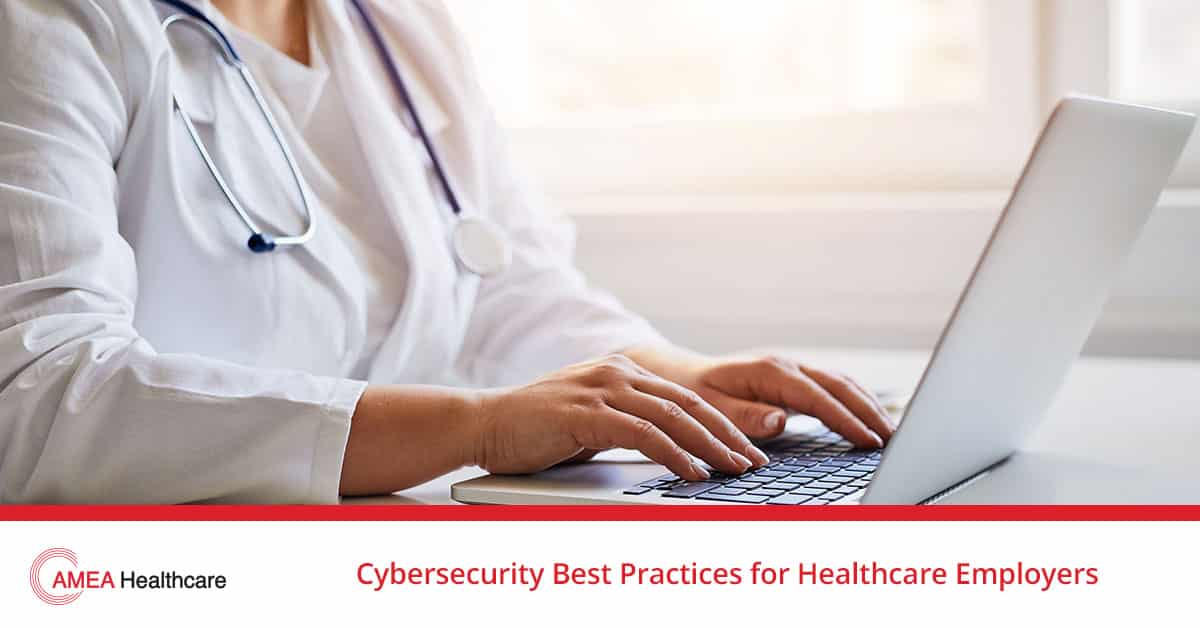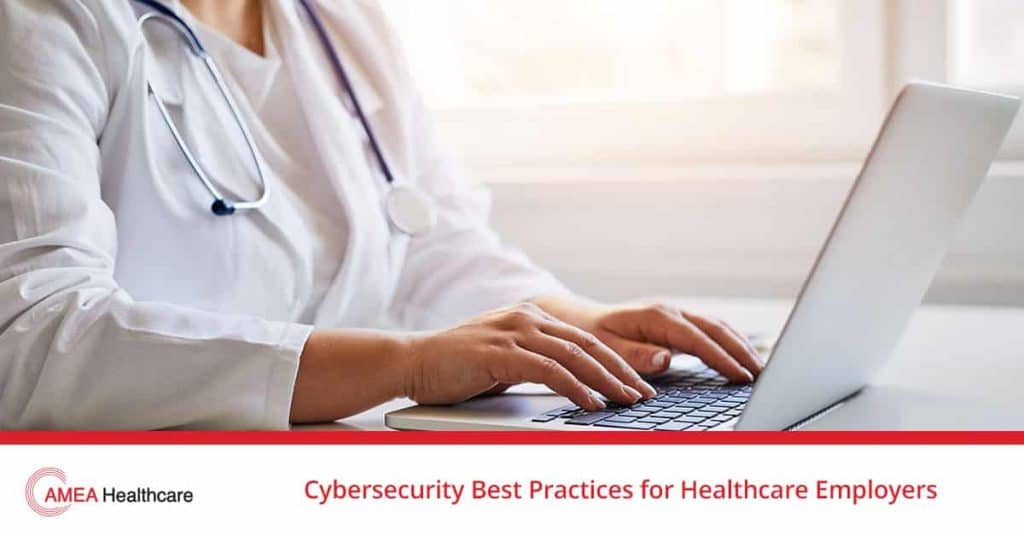
Unfortunately, the COVID-19 pandemic has made patient data even more vulnerable to cyber theft; Forbes reports that the number of hacking incidents in healthcare rose 42% in 2020. Hackers had an easier time targeting both patients and healthcare employees, due to the widespread panic, overwhelm, and disorganization the pandemic caused.
Good news: if you work in healthcare, there’s plenty you can do to protect your patients’ information. And you don’t have to be a tech wizard to do so. Below, check out our top cybersecurity tips for healthcare companies.
Get trained
Your staff should receive in-depth training on cybersecurity best practices for their specific position. If you don’t have an internal IT team to conduct a training, bring in an outside consultant. They’ll be able to assess any gaps in your staff’s knowledge and catch them up on everything they need to know.
Protect your passwords
When employees have the same password for all their logins, it makes it that much easier for hackers to penetrate your security system. Workers should use a variety of passwords and keep them stored in an encrypted file.
Don’t delay software updates
Software updates can be cumbersome, but they’re absolutely necessary to keep your devices running smoothly and securely. Outdated software is much more vulnerable to attack, because hackers can sneak into older systems more easily than systems with the latest protection.
Set up a firewall
A firewall inspects incoming messages from the internet and local networks and decides which messages should be let in, creating a barrier between your system and the cyber terrorists. It provides an extra layer of protection that can block your system from all types of viruses.
Conduct risk assessments regularly
If you don’t know understand your system’s vulnerabilities, you’ll have a far harder time protecting it against attack. Conducting regular risk assessments will show you where you’re falling short, and help you take smarter steps towards improved security. Either have your IT team perform assessments or hire an outside firm.
Do You Have Open Healthcare Positions?
AMEA Healthcare can help you fill vacant healthcare positions. Learn more today.

